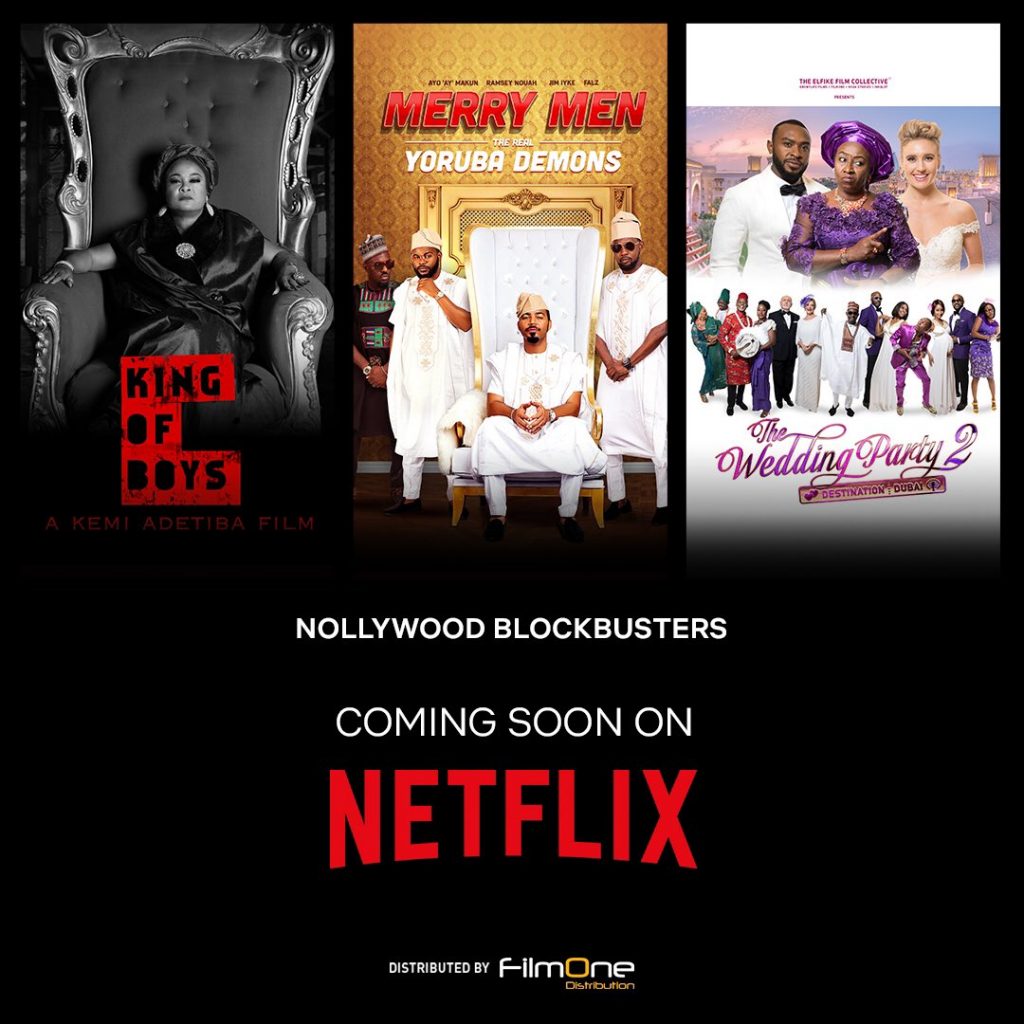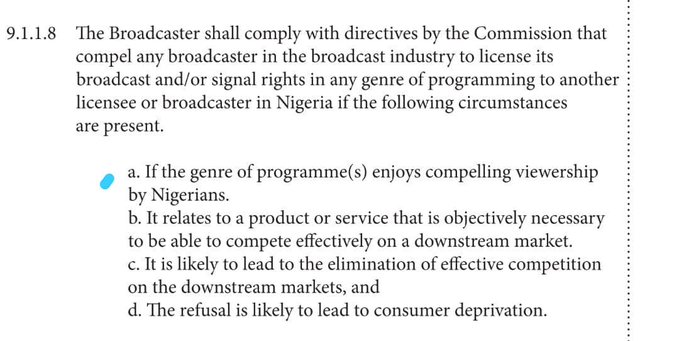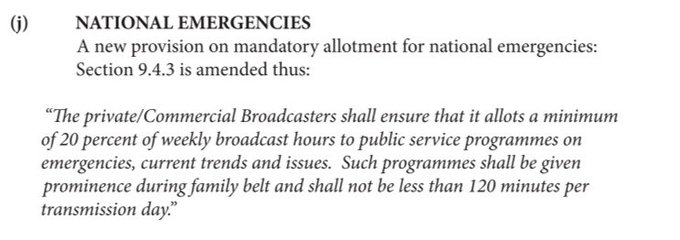The revised NBC code which makes content exclusivity illegal compels content sub-licensing and also aims to regulate the prices at which content is sub-licensed.
The CEO of iROKOtv, Jason Njoku has said that the National Broadcasting Commission (NBC) will destroy PayTV services in Nigeria if it implements the recently released revised edition of the 6th Broadcast Code.
Following the release, global streaming service providers, Netflix, Amazon and popular DSTV channel Africa Magic are considering halting further investments in the Nigerian content industry, according to Vanguard.
The NBC code comes after the Minister of Finance, Zainab Ahmed, issued a Companies Income Tax order aimed at imposing taxes on foreign digital service providers like Netflix and Amazon which have Significant Economic Presence in Nigeria.
Streaming and Satellite TV to loss exclusive content
For PayTV in Nigeria exclusive content is one of the main marketing points that drive user growth and competition. For example, DSTV’s African Magic and Sports stations are major reasons why they are the largest satellite TV in the country.


However, with the ban on exclusive content, DSTV and other entertainment companies like iROKOtv and Netflix that have invested enormously in exclusive local content will be forced to sub-licence to competitors potentially affecting their business.
According to Jason, the new policy in the long run effectively turns a private enterprise into state property and distorts the market, potentially killing PayTV in the country.
Netflix and Africa Magic are also convinced that the new broadcast code is a huge threat to their investments as it seeks to end exclusivity and compel re-sale or sub-licensing to other broadcasters, including direct competitors.
A direct threat to local content investors
Like the cinemas where exclusive content receives massive patronage thereby hastening the returns for investors, investment in streaming and satellite TV exclusive content also enjoy the same benefit.
However, Sections 9.0.1 to 9.0.3 of the new policy will now make that impossible as investors who fund the development of exclusive hit movies, series and shows, will be forced to sub-license that programme irrespective of whether or not they have recouped their investments.
“I invest billions Naira in content then I am compelled to share with everyone else as NBC sets the price. Why? Dark forces or incompetence is at play here. Ridiculous,” Jason said in a tweet while reacting to the new policy.


Similar to Section 9.0.1, Sections 9.1.1.8 could also significantly inhibit investment in Nigerian Content as it provides that a broadcaster must sub-license a programme in any genre if such enjoys massive viewership.
An industry source who reviewed the broadcast code also affirmed to Vanguard that it was a direct assault on investors as it erodes the possibility of reaping dividends on their investments.
“These sections prohibit broadcasters from entering into rights acquisition agreements that do not allow the sub-licensing of such rights in Nigeria. The implication is that any such agreement entered into is void,”
A source told Vanguard
Over 120 minutes Daily for National Emergencies
Over 20% of weekly broadcast hours are now allotted to emergencies and other public services programs according to section 9.4.6 of the new code.
This means that broadcast stations must use a minimum of 20% of their broadcasting time to show public programs like election campaigns and trending issues in the country.


The code also added that public programs must have at least 120 minutes of broadcast time daily. According to Jason, allocating 20% of broadcasting time weekly for an emergency is like giving personal time to the government.
“For ‘national emergencies’ 20% of broadcast, hours should be dedicated to well. The government. Nationalization in everything but name. Soon CNN will leave its daily programming to show Arrival of Orji Kalu and APC and PDP conventions. Essentially be ready for NTA everywhere. This is the highest priority for NBC.”
Jason Njoku
30% local licencing cost to broadcast foreign sport
For broadcasting of sports in the country Section 6.2.10 dictates that a broadcaster cannot transmit sports content unless it has also acquired a minimum of 30% equivalent local licencing of the same category.


This means that DSTV will not be allowed to show the Premier League unless it acquires rights to (and broadcasts) 30% equivalent of the Nigerian Professional Football League.
While this may appear like a good idea from a nationalistic point of view as many local football enthusiasts believe live broadcasting will greatly improve the football league, from a business point of view, it might be disastrous especially if the local football content is not marketable. Thus, why force investors to acquire content out of sentiments?
In summary, the 6th broadcast code if implemented will significantly affect content creators and investors in Nigeria. The ban on exclusivity will not only discourage the investor but also disrupt the growth of the Nigerian entertainment industry.
Also, with the looming imposition of taxes, foreign digital service streaming services like Netflix could see the new broadcasting code as the final straw to abandon Nigeria altogether.






